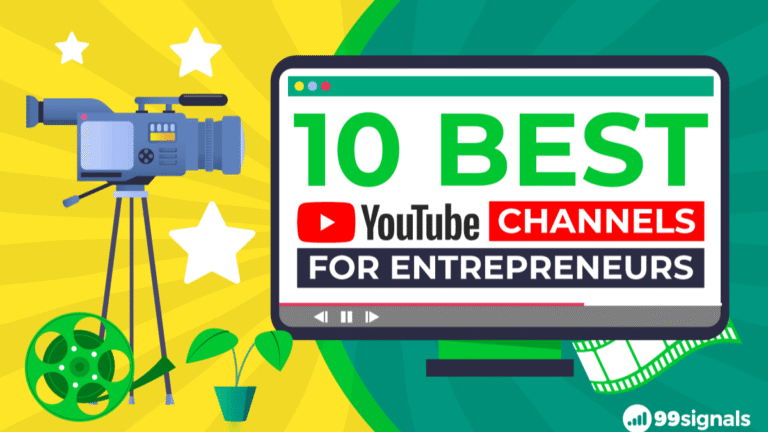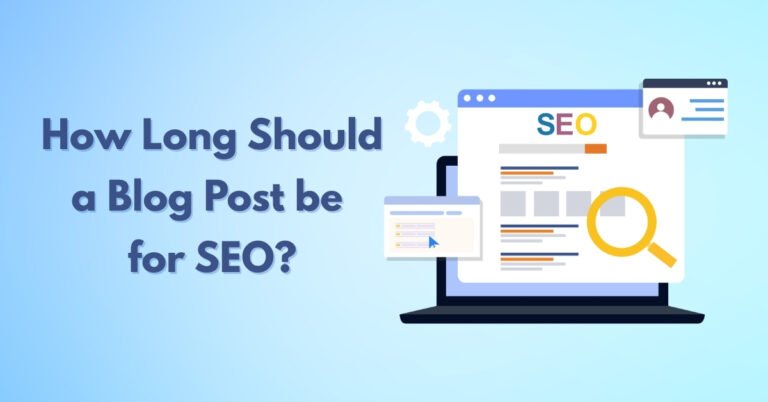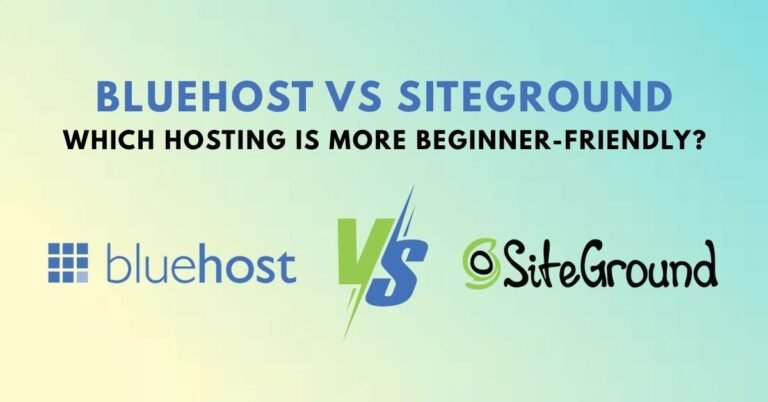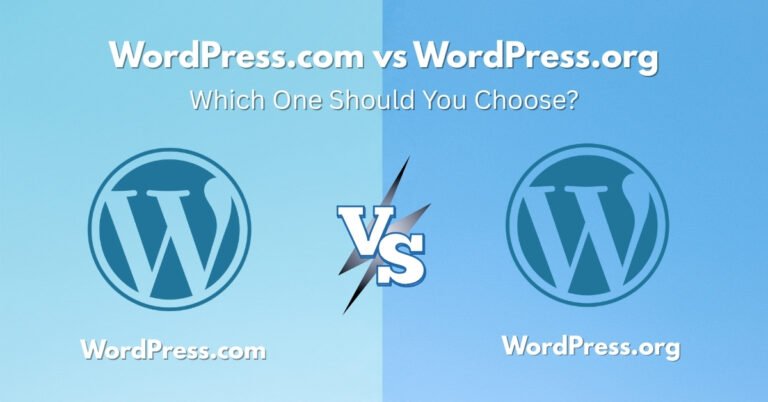So, you’re thinking about going full-time with blogging? Maybe you’re tired of your 9-5 job, lured by the promise of freedom, passive income, and working from a beach in Bali.
We get it—it sounds like a dream. But before you make the leap, it’s time to pull back the curtain and talk about what full-time blogging really looks like.
This isn’t just another motivational blog post. This is a real talk about the highs, the lows, the myths, and the messy middle of full-time blogging.
What Does “Full-Time Blogger” Even Mean?
Before we dive into the truth, let’s define the term.
A full-time blogger is someone who earns the majority—or all—of their income from blogging-related activities. This could include:
- Ad revenue
- Affiliate marketing
- Sponsored content
- Selling digital products or courses
- Offering freelance or consulting services
Sounds simple, right? But it’s anything but.

Why People Want to Become Full-Time Bloggers
Let’s be honest, the reasons are appealing:
1. Freedom & Flexibility
You set your hours. No boss. No meetings. No office politics.
2. Unlimited Income Potential
Your income isn’t tied to an hourly wage. With the right strategy, your blog can scale.
3. Creative Control
You write about topics you love, in your own voice, without gatekeepers.
But here’s what no one tells you…
The Harsh Truths About Full-Time Blogging
1. It Takes Time to Make Real Money
You won’t be quitting your job next month. Most bloggers take 12–24 months to start earning consistent income. Some take longer.
The truth: You’ll probably be working like it’s a full-time job before you ever make a full-time income.
2. Traffic Doesn’t Come Easy
You’ll write dozens of posts that nobody reads. SEO takes time. Social media is fickle. Going viral is rare.
The reality: You have to learn marketing, keyword research, Pinterest, email funnels, and more.
3. There’s No Off Switch
When your blog is your business, it follows you everywhere.
- You’ll check analytics on weekends.
- You’ll work on holidays.
- You’ll write blog posts in your dreams (yes, really).

The Not-So-Glamorous Side of Blogging
1. Isolation is Real
Working alone all day can be lonely. You miss office banter. You crave collaboration.
Tip: Join blogging communities or co-working spaces to stay connected.
2. Burnout Happens
When you’re wearing all the hats—writer, editor, marketer, designer, customer support—it’s exhausting.
Symptoms of blogger burnout:
- Dreading content creation
- Losing motivation
- Comparing yourself constantly
- Getting stuck in perfectionism

3. Income Fluctuates Wildly
One month, you hit a $2,000 affiliate payout. The next? Crickets. Google algorithm changes, lost sponsors, or seasonal dips can tank your earnings overnight.
What It Really Takes to Go Full-Time with Your Blog
If you want to succeed, here’s what you need beyond just writing great posts:
1. Consistency
Show up every week—without fail.
2. Business Mindset
Treat your blog like a business, not a hobby.
3. Monetization Strategy
Know how you’ll make money: Ads? Affiliate links? Products?
4. Time Management
Create a content calendar, block time, avoid distractions.
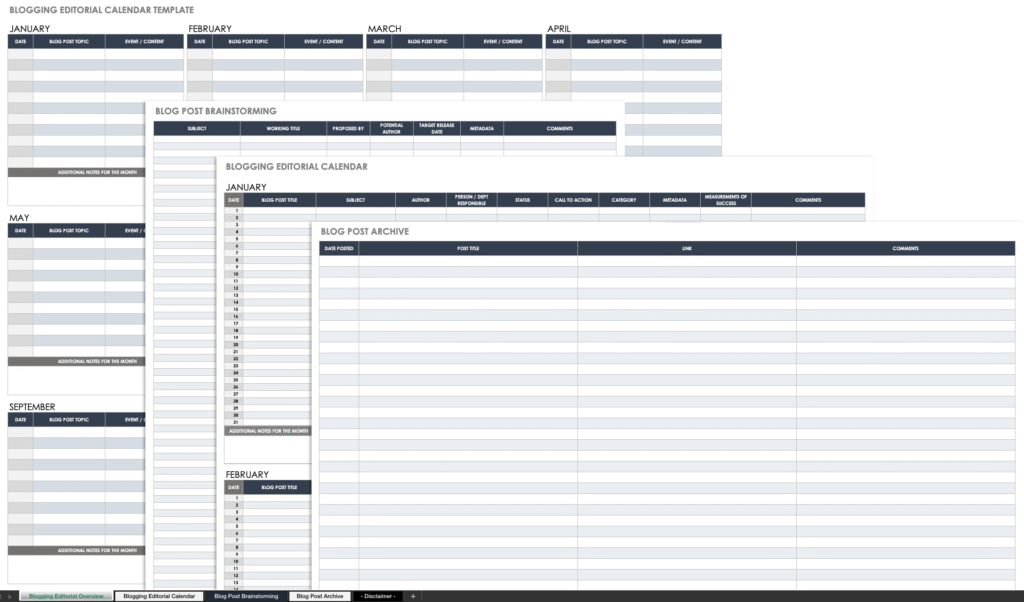
5. SEO Skills
If you’re not mastering Google, you’re missing the biggest opportunity.
Income Breakdown of Full-Time Bloggers
Here’s a rough breakdown based on successful bloggers:
| Revenue Stream | Percentage of Total Income |
|---|---|
| Affiliate Marketing | 30–50% |
| Display Ads (Mediavine, etc.) | 20–40% |
| Sponsored Posts | 10–20% |
| Digital Products | 20–40% |
| Freelancing/Services | 10–30% |
Common Myths About Full-Time Blogging
❌ “You Only Need to Post Once a Week”
Wrong. Full-time blogging involves daily tasks like email, social media, outreach, SEO optimization, and more.
❌ “It’s Passive Income”
While blogging can earn passive income, it usually takes months or years of active, consistent work.
❌ “If You Build It, They Will Come”
Nope. Promotion is just as important as creation.
Tips to Transition Into Full-Time Blogging
If you’re blogging part-time and want to go full-time, follow these steps:
- Build a 6–12 month income buffer
- Diversify your income streams
- Focus on high-earning content (like buyer’s guides, tutorials, comparisons)
- Build your email list early
- Outsource when needed to avoid burnout

Real Talk: Is Full-Time Blogging Worth It?
For the right person—yes.
If you love writing, learning, and building something of your own, the rewards are absolutely worth it. But you need grit, patience, and discipline to get there.
Don’t buy into the overnight success story. Blogging is a marathon, not a sprint.
Frequently Asked Questions (FAQs)
No. You just need to be one step ahead of your audience and willing to research, learn, and share genuinely.
Most rely on SEO, Pinterest, email marketing, and occasionally YouTube or Instagram. Paid ads are rare for beginners.
Final Thoughts
Full-time blogging can be life-changing—but it’s far from easy. It’s not just writing posts and watching money roll in. It’s discipline. It’s strategy. It’s showing up when no one’s watching and no one’s clicking.
But for those who persist, the rewards are freedom, impact, and a business built entirely by you.

